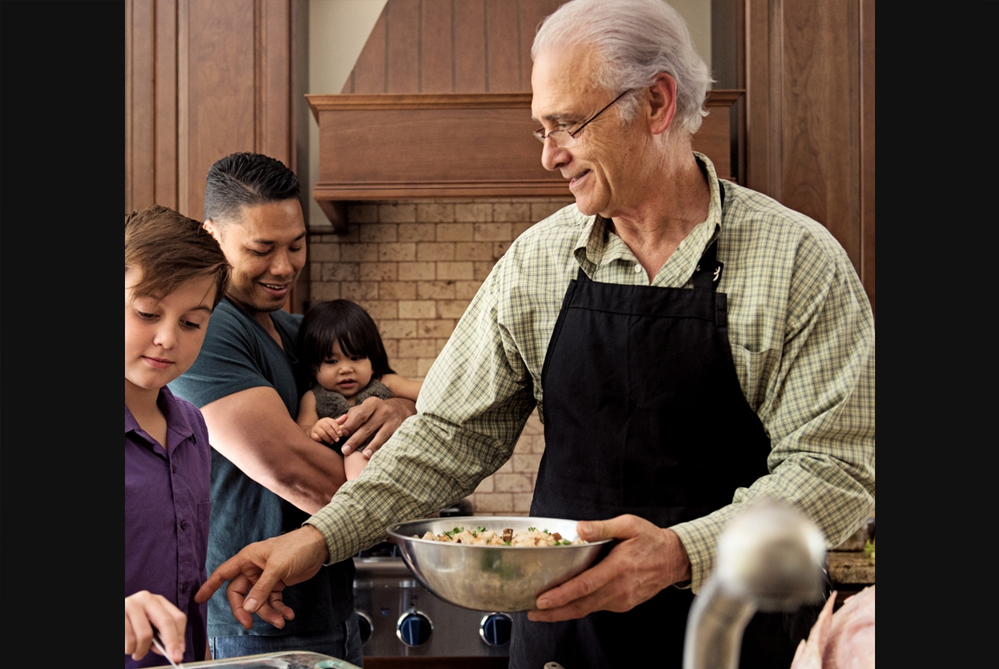With Thanksgiving just around the corner, the hustle and bustle of holiday preparations are in full swing. As families gather to celebrate and indulge in a festive feast, it’s crucial to prioritize food safety to avoid any unexpected mishaps that may dampen the holiday spirit.

Whether you’re hosting an intimate dinner for two or a larger gathering, here are some essential tips to make food safety your top priority.
Common Thanksgiving Fails to Avoid:
-
Forgetting to Thaw the Turkey: Ensure your turkey is fully thawed before cooking to avoid uneven cooking.
-
Undercooking the Turkey or Stuffing: Use a food thermometer to guarantee that both the turkey and stuffing reach safe temperatures.
-
Cooking the Turkey in the Packaging: Remove all packaging before cooking to prevent any harmful substances from contaminating the food.
-
Forgetting About Food Allergies: Be mindful of guests’ food allergies, and clearly label dishes to avoid any accidental consumption of allergens.
-
Eating Decorative Items: Fake fruits and vegetables used for decoration might look tempting, but they are not meant for consumption.
Expert Advice for a Safe Thanksgiving Feast:
Diane Calello, the executive and medical director of the New Jersey Poison Control Center at Rutgers New Jersey Medical School, emphasizes the importance of following simple food safety steps to keep everyone at the table healthy.
Key Food Safety Steps:
-
Clean: Thoroughly wash hands, surfaces, utensils, and dishes to prevent the spread of germs.
-
Separate: Avoid cross-contamination by keeping raw poultry, meat, and seafood separate from other foods.
-
Cook: Cook foods to the right temperature to ensure that harmful germs are eliminated. Use a food thermometer for accuracy.
-
Chill: Refrigerate or freeze leftovers promptly to prevent the growth of bacteria.
Tips for Handling Raw Poultry, Meat, and Seafood:
- These items can spread germs, so practice caution in handling and cooking them.
- Follow the four safety steps (Clean, Separate, Cook, and Chill) to minimize the risk of contamination.
Serving and Storing Food:
- Keep hot foods hot and cold foods cold during serving to avoid the “Danger Zone” (40°F to 140°F).
- Refrigerate pies and other dairy or egg-containing items within two hours of being left out.
Turkey-Specific Tips:
- Ensure ample time for the turkey to thaw completely for even cooking.
- Handle the turkey with care to prevent the spread of germs.
- Avoid washing or rinsing raw turkey.
- Cook stuffing separately.
- Use a food thermometer to confirm safe temperatures.
Leftovers:
- Store leftovers promptly and safely.
- If reheating, use a food thermometer to ensure a minimum temperature of 165°F.
In the event of potential exposure to something dangerous, contact the New Jersey Poison Control Center immediately for expert medical advice. Let’s make this Thanksgiving a joyous occasion filled with not just delicious but also safe and wholesome meals for everyone to enjoy.



